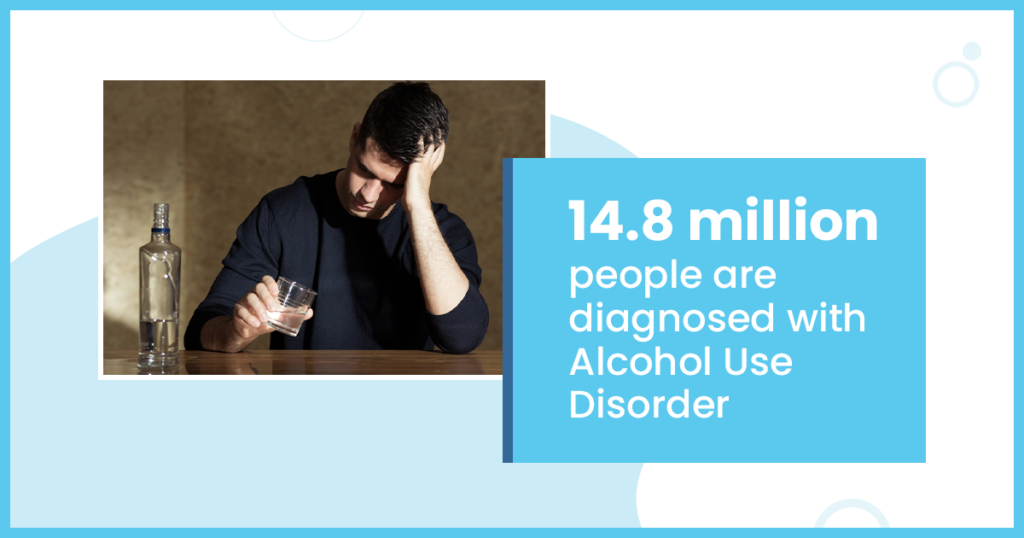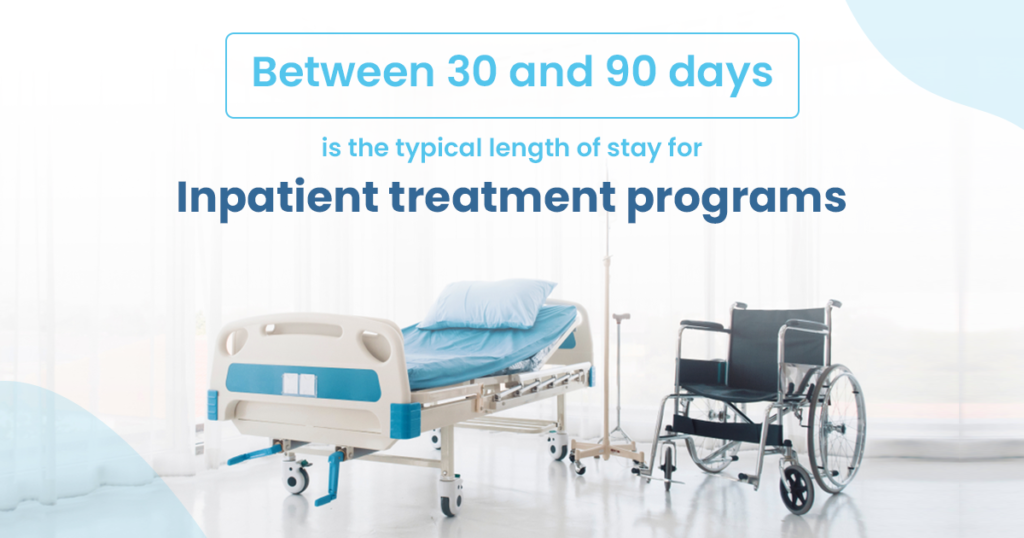
Help is available for families struggling to cope with a loved one’s drinking or drug abuse. It is important to pay close attention to the symptoms the person may have. Family members often recognize a drinking problem and want to help their loved ones but aren’t sure where to start.
The best thing you can do for your loved one is consult a treatment center that can safely handle the person’s cravings and withdrawal. You can get them the emotional support they need to cope with substance use disorder.
Behavioral and Evidence-based Therapies
Behavioral treatments include solo, group, and family therapy sessions. To help your loved ones recover from alcohol misuse, you can help them understand the root causes of their addiction through talk therapy. You can heal broken relationships, learn how to stop or reduce their drinking, and develop coping mechanisms in the event of relapse. Behavioral therapy can be helpful for the person to understand the risks associated with alcohol consumption.
Detoxification is a popular first step in the treatment of alcoholism. Inpatient treatment centers, such as a hospital, are the most common places where people go through detoxification. To begin therapy, patients must undergo a period of detoxification under the supervision of a medical professional.
Treatment Plans
Severe addiction can be treated in a residential treatment facility, commonly known as a rehab clinic. For 30 to 90 days, your loved one receives treatment in a specialized facility, which may include detoxification, counseling, and medication. The rate of AUD has increased over the years.
The Substance Abuse and Mental Health Services Administration (SAMHSA) defines alcohol abuse or alcohol use disorder as men consuming five or more alcoholic beverages on a single occasion and women consuming four or more. Beer, wine, liquor, and other alcoholic beverage might be called “drinks.” The recovery takes place after a person goes through complete treatment. Alcohol consumption more than a standard drink can harm one’s health.
Identifying whether a loved one’s drinking has progressed from socially acceptable, responsible drinking to alcohol abuse can be challenging since everyone responds differently to alcohol. In the case of alcoholism, no set level demonstrates the presence of the condition. In other words, it’s based on the impact drinking has on the person’s loved ones.
Many people are drinking more alcohol than they used to cope with the stress of a global epidemic, economic uncertainty, and increased unemployment. If your loved one uses alcohol to deal with stress, resolve problems, or avoid unpleasant feelings, it may indicate that their drinking is out of control. With treatment options utilized, positive changes occur as health care providers assist you in a better way.
Your loved one may also have an alcohol issue if the following conditions are present:
- They are prone to drinking too much or bingeing on it
- They regularly ignore their home, work, and school responsibilities because they are either drinking or sobering up
- When it comes to drinking, they try to cover up their habits
- People who drink alcohol “blackout” or lose track of their actions or words
- Even when their alcoholism affects their relationships with you and others, they continue to drink
To treat mental health disorders like anxiety, sadness, and bipolar illness, many people turn to alcohol. You and your loved one may help them limit their alcohol use to a healthier level rather than completely abstaining. The health professionals explain that withdrawal symptoms can be severe if a person decides to drink alcohol all of a sudden.
Don’t Fear Relapse
Assisting a loved one in reducing their alcohol use can be as simple as helping them set new limits and figure out how to keep them in place. The responsibility for their sobriety lies solely with them. It is possible to help your loved one avoid temptation by finding distractions, such as making an appointment or simply waiting it out.
Setbacks impede the healing process frequently. It’s not your responsibility if a loved one suffers from a relapse. You can only provide them moral support and reassurance as they make yet another attempt to abstain from alcohol consumption. You can help them heal if you work hard enough.
Residential and Inpatient Treatment
Residential or inpatient treatment often begins after a patient has completed detoxification and reached a degree of physical stability. It’s essential to keep in mind that detox is just the beginning of the recovery journey.
The other elements of the treatment plan are critical for a patient’s long-term recovery. Individuals with alcohol use disorders benefit from inpatient treatment because they can focus solely on their rehabilitation while in the facility. One must resist not only temptations but also daily life’s difficulties for a long time.
Between 30 and 90 days is the typical length of stay for inpatient treatment programs. You can get recovery while living in a comfortable environment and having a home-like experience. You will reside in the treatment facility as it is an excellent place to lead on the road to recovery.

Frequently Asked Questions
What can I do to help myself to stop drinking?
You should check the environment for peer pressure and refuse politely, get everything in writing, don’t get alcohol at your home, stay stringent against temptations and adopt more ways to stop drinking alcohol.
Why can’t I stop drinking?
As the time lapses, the more time you spend free from alcohol, your brain will likely crave alcohol. It is the same as hunger; the more you remain hungry, the more you deal with cravings at such a time, and you get tempted towards alcohol.
How to help someone who can’t control their drinking
With emotional support and helping them with the fact that alcoholism isn’t their fault, you can assist them in achieving recovery at the promptest.
Is there any way to persuade an alcoholic to stop drinking?
The support groups play a pivotal role after they receive the alcohol treatment. Your proper monitoring can assist them in getting rid of alcohol problems.
The Haven Can Help Your Loved One
Once your loved one becomes dependent on alcohol or drugs, helping them reach sobriety on their own can be challenging. Fortunately, the Haven is here to help your loved one with a safe and comfortable recovery process. Our state-of-the-art- facility has everything a patient needs for a successful long-term recovery from addiction.
We have helped hundreds of patients with our proven detox methods and practical therapy sessions that prevent relapse. The Haven Detox offers residential and outpatient treatment to best match the needs of each patient.
If you or a loved one is struggling with addiction, do not hesitate to give us a call at (561) 328-8627 to learn more about our services.






